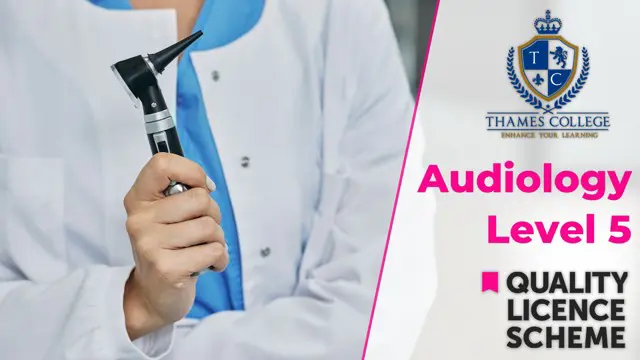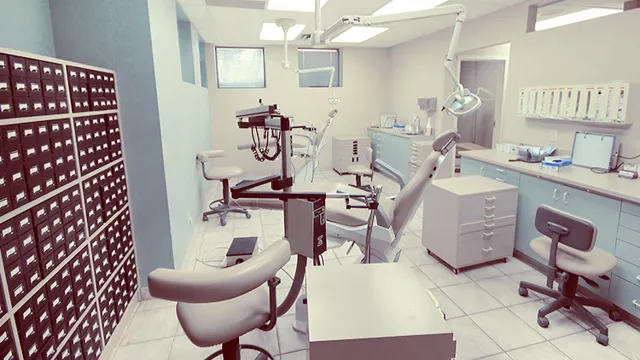Audiology, Acoustics, Autism Awareness, Speech & Language Therapy Diploma
StudyHub
CPD Certified | 25-in-1 Bundle | Basic to Advanced | FREE PDF & Hardcopy Certificate | Exam & Tutor Support Included
- Online
- 125 hours · Self-paced
- Certificate(s) included
- 250 CPD points
- Tutor support
Great service
24 Hour Flash Deal **25-in-1 Audiology, Acoustics, Autism Awareness, Speech & Language Therapy Diploma Mega Bundle** ►►► Audiology, Acoustics, Autism Awareness, Speech & Language Therapy Diploma Enrolment Gifts ◄◄◄ **FREE PDF Certificate**FREE PDF Transcript ** FREE E
…




